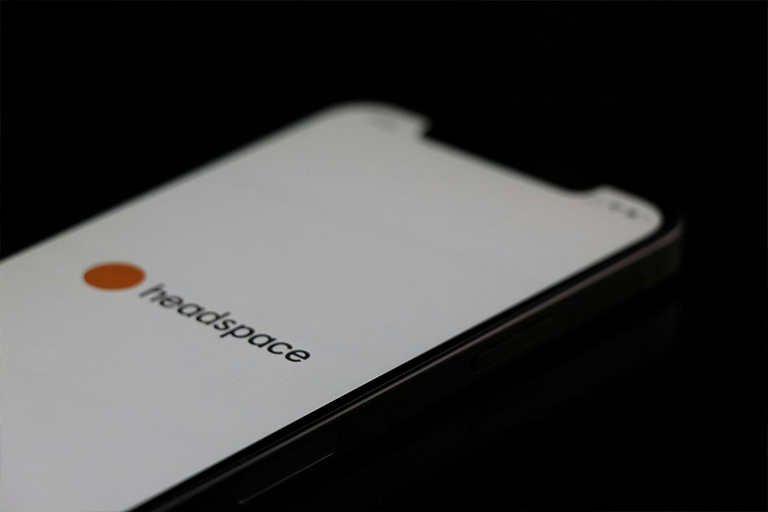All About Transfer on Death Deeds: Your Questions Answered
Learn more about transfer on death deeds, their benefits, and how you can set one up yourself!
02/2023
If you’re a property owner wanting to steer clear of the probate process at all possible costs, you may have thought about getting a transfer on death deed (TOD deed). Many individuals use these types of deeds to transfer real estate ownership to a primary or alternate beneficiary. While their terms vary by state, setting one up is relatively easy and straightforward. Below, we’ll discuss answers to three common transfer on death deed questions.
Your Guide to Transfer on Death Deeds
As expensive and tedious as probate can get, you may be able to bypass it with a TOD deed. Keep reading as we explain what TOD deeds are, their advantages, and how you can set one up yourself.
What is a Transfer on Death Deed?
In short, a TOD deed, otherwise known as a beneficiary deed, gives homeowners the right to transfer their property ownership to one or more beneficiaries upon death. Their designated beneficiaries can include anyone from a family member to a charity or organization. After the current owner passes, the beneficiary becomes the new owner of the property without worrying about going through the probate process.
What are the Benefits of a TOD Deed?
Unless you have a co-owner, it’s somewhat challenging to transfer your real estate property over to a beneficiary without going through probate. Typically, your options are minimal. It is possible to place assets in a living trust and evade the probate process altogether. However, setting up a TOD deed is a much easier and more cost-effective alternative. Plus, they offer you several other well-known advantages, including:
- Tax Savings: Since your property transfer doesn’t occur until your death, your TOD deed will not be subject to gift tax.
- Flexible and Revocable Terms: Besides tax exemptions, TOD deeds come with fairly flexible terms. If you decide that you no longer need the document or want to change your named beneficiary, it’s easy to revoke. Once your revocation form is filed, you can sign a new deed and choose a new beneficiary.
How can I set up a TOD Deed?
Currently, you can only set up some form of a TOD deed if you own property in one of the following states:
Alaska, Arizona, Arkansas, California, Colorado, Hawaii, Illinois, Indiana, Kansas, Maine, Minnesota, Missouri, Montana, Nebraska, Nevada, New Mexico, North Dakota, Oklahoma, Oregon, South Dakota, Texas, Utah, Virginia, Washington, West Virginia, Wisconsin, and Wyoming
In 2009, Ohio replaced TOD deeds with transfer on death designation affidavits. Although they’re similar and used for the same purposes, TOD affidavits require you to abide by an updated list of rules.
Similar to most real estate deeds, beneficiary deeds must adhere to specific state guidelines and include the grantor and beneficiary’s names, signatures, and detailed property information. Additionally, they need to be notarized and registered in the same county that your real estate is in before you pass away.
Having a TOD deed in place is a simple and cost-effective way to transfer real property ownership while avoiding probate. Still, despite their easy accessibility, they’re not right for everyone and must follow specific state rules and guidelines. If you’re thinking about filling out a TOD or any other type of real-estate deed form, it’s best first to seek legal advice. The estate planning professionals at Solomon, Steiner, & Peck, Ltd. have years of experience working with real estate deeds. We can go over your unique situation and determine the best options for transferring your property ownership. Get in touch with our law office today to schedule your consultation.
More Recent News

Elder Law
Can I Give My Kids $19,000 a Year and Apply for Medicaid?

Elder Law
How Mental Health Apps Can Help Older Adults




